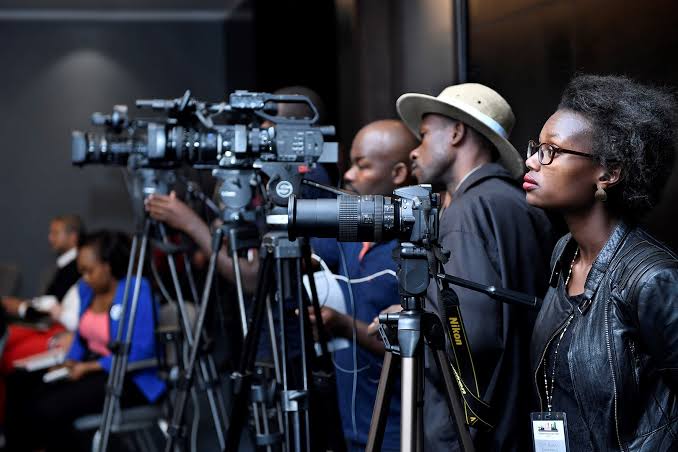Women media professionals in Guinea-Bissau face multiple challenges in the course of their work, as revealed by the results of a study conducted by the Media Foundation for West Africa (MFWA). The study aimed at understanding and describing the security situation of women journalists in Guinea-Bissau.
The study revealed that these challenges are of cultural, social and economic order, which highlights the problems related to sexual harassment, lack of opportunities for professional advancement and discrimination on the part of male leaders of the media.
One of the most striking revelations concerns the prevalence of sexual harassment, a behaviour considered criminal in the Guinean legal context. According to the revelations of the participants in this study, it is with extreme restraint and silent pain that women manage to resist the pestering.
Sadly, such acts are relegated to secondary activities or simply ignored, a fact that causes psychological fatigue and consequently personal insecurity and lack of self-esteem.
Another problem diagnosed has to do with male dominance in the leadership of the media. One of the pragmatic examples is in the public media organs of Guinea-Bissau. There are a total of four (4) media organs in which all the managers are men, which reveals a clear male domination. In the private media sector, the same thing happens. For instance, out of eleven (11) private radio stations, radios only three (3) are led by women.
These data tell us why women face complex challenges in their daily working lives, as the male bosses cannot truly appreciate the peculiar concerns of women.
Amongst many recommendations listed in a report on the “Safety of female journalist in Guinea-Bissau”, we propose a civic education campaign in the newsrooms and the promotion of thematic debates to discuss and clarify these problems in order to establish equity and gender equality in the media sector.
It is also recommended that women are trained in issues related to their security on the field of reporting. In fact, it is considered salutary to train women on how to deal with the multiple risks they could face inside and outside the newsrooms. Training is also recommended on how to report cases of abuses against women journalist’s, especially sexual harassment.
Verbal attacks and insults on social networks could also be dealt with swiftly if legislations in this area are drafted and enacted to promote a safe online space.
Click here to read the full report on the “Safety of female journalist in Guinea-Bissau”.





